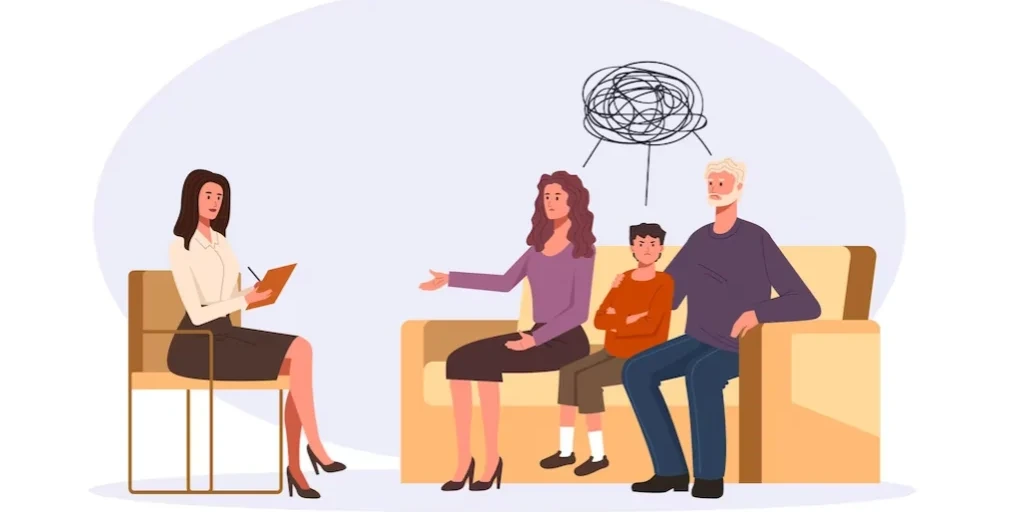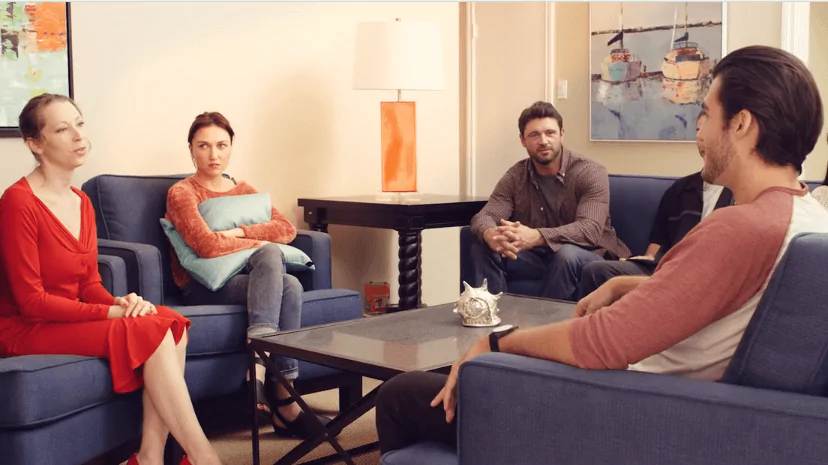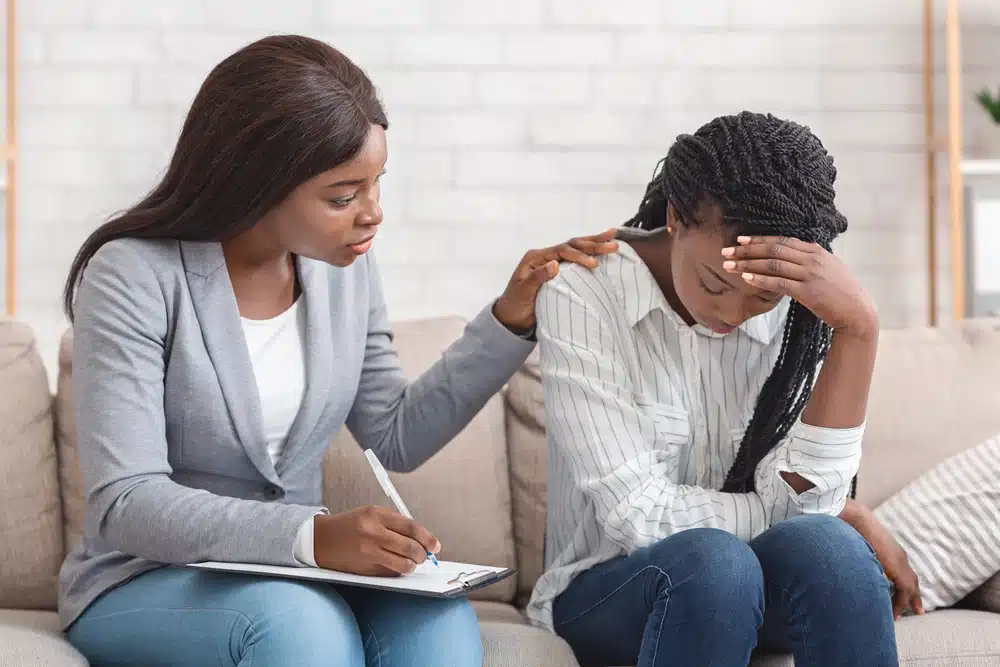24/7 Helpline:
(866) 899-221924/7 Helpline:
(866) 899-2219
Learn more about Klonopin Rehab centers in Wetumka

Other Insurance Options

Highmark

WellCare Health Plans

CareFirst

Covered California

BlueCross

Aetna

Group Health Incorporated

PHCS Network

Ambetter

Magellan

Kaiser Permanente

Amerigroup

Magellan Health

Lucent

EmblemHealth

Medical Mutual of Ohio

Access to Recovery (ATR) Voucher

Absolute Total Care

Humana

Holman Group


Oklahoma Families First
Oklahoma Families First is a private rehab located in Holdenville, OK. Oklahoma Families First speci...















































Carl Albert
Carl Albert is a public rehab located in Holdenville, Oklahoma. Carl Albert specializes in the treat...










































